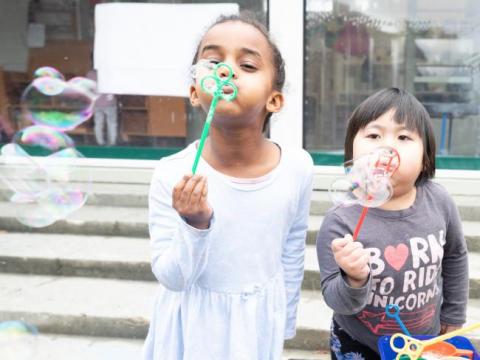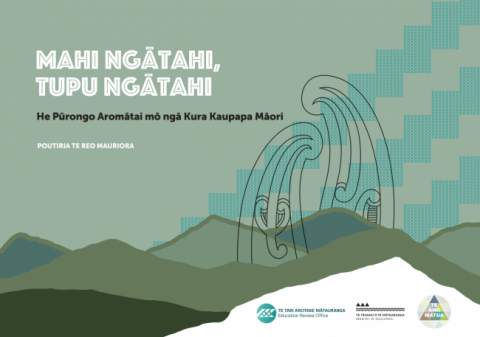Growing Curiosity Teaching Strategies to Engage Years 5 to 11 Students in Science
Published: 12 Apr 2021
This report shares teaching approaches and strategies for Year 5 to Year 11 that ERO has identified in a range of schools where students were found to be highly engaged in science. This report should be seen as a resource for leaders and teachers looking to strengthen their teaching of science. It looks at Years 5-11 as they are the critical years for science engagement before learners make final choices on whether to continue in science.
- Audience:
- Academics
- Education
- Parents
- Schools
- Content type:
- Research
- Topics:
- Science
- Guidance
- Te Ihuwaka | Education Evaluation Centre














